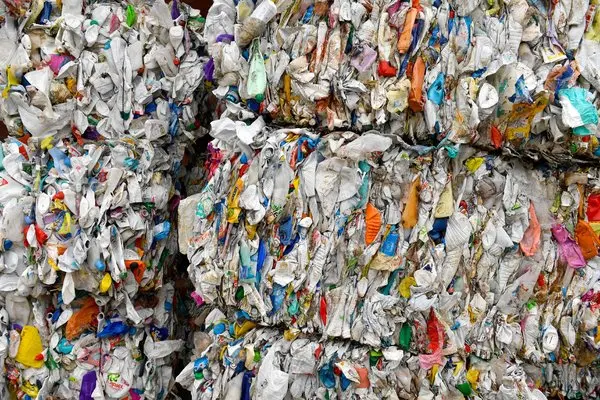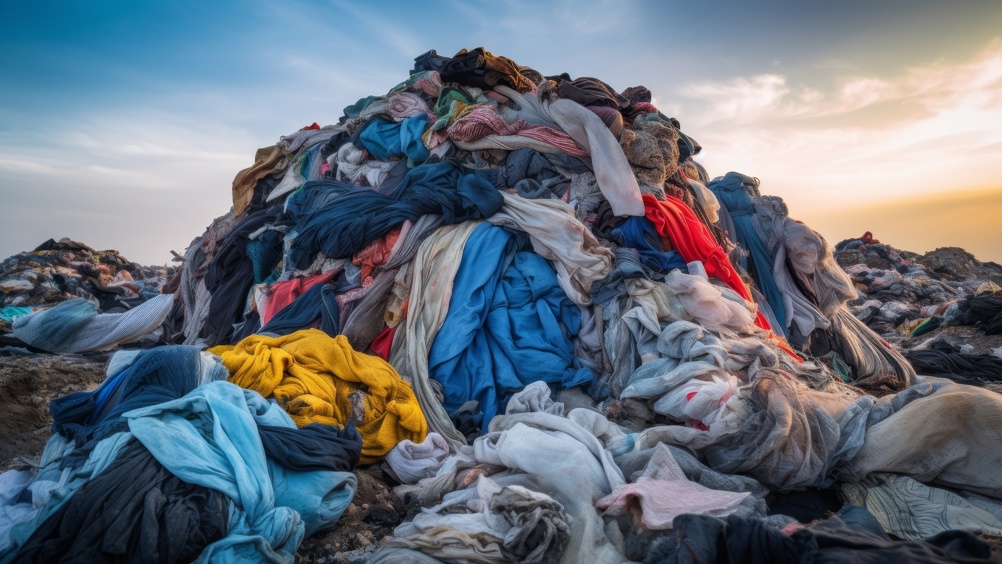Recent research has uncovered the substantial role that synthetic clothing plays in contributing to global plastic pollution, igniting discussions about sustainable practices within the apparel sector.
Groundbreaking Study Highlights Significant Pollution Levels
In Cary, North Carolina, a pivotal study released by Cotton Incorporated in the journal Nature Communications titled “The Global Apparel Industry: A Significant, Yet Overlooked Source of Plastic Leakage” highlights the staggering amount of plastic pollution attributed to synthetic garments. This comprehensive research indicates that the apparel industry is responsible for an alarming 7.4 million metric tons of plastic pollution each year. A significant portion of this pollution arises from macroplastic waste generated when synthetic clothing reaches the end of its life cycle, further exacerbated by the well-known issue of microplastic shedding during washing and wearing.
Expert Insights on Synthetic Garments
Jesse Daystar, Ph.D., the vice president and chief sustainability officer at Cotton Incorporated, emphasized the gravity of the situation, stating, “The impact of synthetic garments on plastic pollution is staggering, with at least ten times more leakage than cotton clothing.” He advocates for the incorporation of natural fibers, such as cotton, as a vital strategy to mitigate plastic leakage from the apparel sector.
Assessing the Industry’s Contribution to Pollution

The findings of the report reveal that the global apparel industry accounts for approximately 14% of the total plastic leakage into the environment, which translates to roughly 8.3 million metric tons of plastic released annually. This figure predominantly stems from the production, utilization, and disposal of synthetic clothing. The study defines “plastic leakage” as the plastic that is released into the environment as a result of human activity, highlighting a critical area of concern for environmental sustainability.
Call for Sustainable Practices in Apparel Design
In addition to urging a shift towards natural fibers like cotton, the research advocates for enhanced product design focusing on durability. It emphasizes the importance of prioritizing reuse, remanufacturing, and recycling as essential strategies for reducing plastic pollution. However, the report also notes the necessity of evaluating other environmental impacts, such as climate change and the depletion of non-renewable resources, alongside plastic pollution.
Cotton’s Role in Mitigating Plastic Pollution
While global cotton production contributes less than 1% to overall plastic pollution, the cotton industry is actively engaged in finding solutions to environmental challenges. Cotton Incorporated spearheads these initiatives through innovative research aimed at minimizing ecological footprints. As a participant in the Plastic Leak Project (PLP), the organization played a key role in developing the first-ever Methodological Guidelines. These guidelines serve as a valuable resource for businesses seeking to identify, measure, and address plastic leakage within their supply chains. Their development was critical for assessing plastic leakage in the apparel industry.
Research Methodology and Findings
The methodology employed in this study involved quantifying plastic leakage from the global apparel sector using the PLP methodology. Researchers calculated the total mass of apparel consumed in various markets by analyzing production and import data. For cotton garments, net apparent consumption was determined by adjusting for domestic production, imports, exports, and losses throughout the supply chain. Conversely, synthetic clothing consumption was estimated based on import data or assumptions regarding the proportion of apparel consumption attributable to cotton.
Cotton Incorporated’s Commitment to Sustainability
Cotton Incorporated operates as a research and promotional organization dedicated to upland cotton. Funded by U.S. cotton growers and importers, this not-for-profit entity aims to boost the demand for and profitability of cotton. With a commitment to sustainability, Cotton Incorporated oversees over 450 research and educational projects annually, demonstrating its dedication to fostering a more sustainable future for the cotton industry and beyond.

